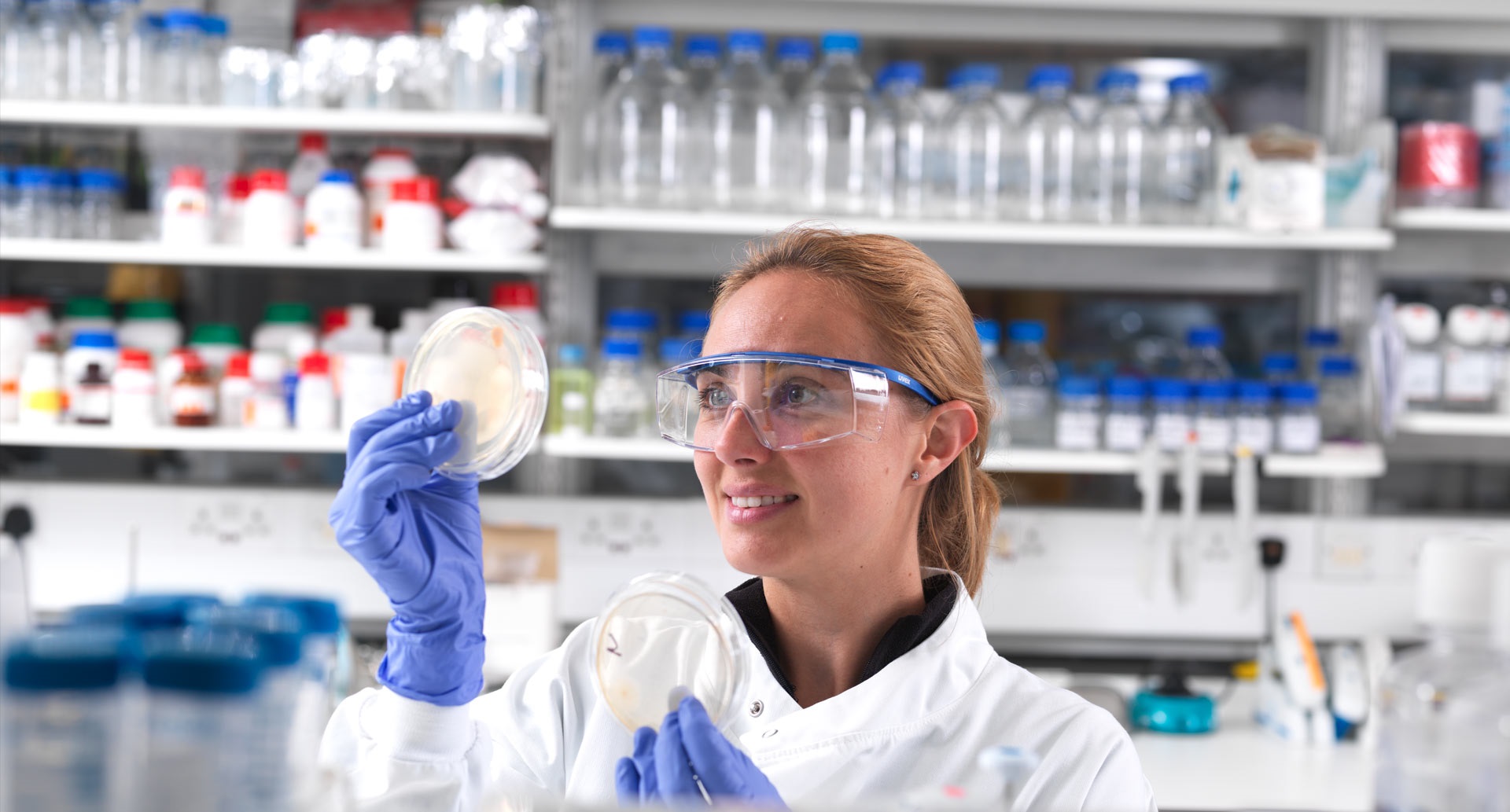Dr Maggie Cheang, a breast cancer researcher at The Institute of Cancer Research, London, has been awarded the prestigious CL Oakley lectureship.
The lectureship, which was founded in 1979 in honour of the late Professor CL Oakley, with funds to endow it provided by the sixth European Congress of Pathology, is given out every two years to recognise original investigative research in laboratory medicine.
Dr Cheang, who is a Group Leader for Integrative Genomics Analysis in Clinical Trials within The Institute of Cancer Research Clinical Trials and Statistics Unit (ICR-CTSU), will present a lecture on Wednesday 25 June, at the Joint Ghent Pathology and Pathological Society Annual Meeting 2025. Her talk, titled “The Transformative Impact of Molecular Pathology on Breast Cancer Care: Diagnostic Advances, Therapeutic Precision, and Future Directions” will highlight both her key contributions and the cutting-edge research currently led by her team at the ICR.
Advancing the molecular understanding of breast cancer
Dr Cheang was selected in recognition of her contributions to understanding the molecular biology of breast cancer intrinsic subtypes. She is a co-inventor of PAM50/Prosigna assay, now included in international clinical guidelines and endorsed by NICE. Her early work in classical molecular pathology including optimising the oestrogen receptor detection and defining the prognostic value of Ki67 in relation to molecular classification in breast cancer, was also acknowledged.
She currently leads a multidisciplinary research group of statistical, computational and translational scientists, strategically within the ICR-CTSU. Her team develops novel analytical approaches to interrogate high-dimensional multi-omics data from bio-specimens collected in clinical trials, focusing on identifying and developing the most effective molecular diagnostics to predict tumour response and treatment sensitivity. She also serves as biomarker and bioinformatics lead on biomarker-enriched clinical trials.
Commitment to training the next generation
Alongside her scientific leadership, Dr Cheang has mentored a number of early-career researchers, many of whom have gone on to become senior scientists and made substantial contributions in cancer genomics and translational pathology. Trainees from her lab have received awards at the San Antonio Breast Cancer Symposium for three consecutive years.
She serves on trial management and translational research committees for several phase II and III clinical trials, including ICR-CTSU trials such as POETIC, POETIC-A, PALLET, PHOENIX, and TNT.
Speaking about receiving the lectureship award, Dr Cheang said:
"I’m honoured to receive this lectureship, which recognises both the work of my team and the passion I’ve carried since my doctoral and postdoctoral training to improve the lives of people affected by breast cancer. It’s also a valuable opportunity to share our research and represent the ICR within the global scientific community."
Past recipients of CL Oakley lectureship award include Jorge Reis-Filho and Barry Gusterson. Jorge Reis-Filho became the Professor and Chair of Molecular Pathology while at the ICR. He is now the Vice President of Cancer Biomarker Development at AstraZeneca. Barry Gusterson was the Professor of Pathology and Head of Molecular Pathology at the ICR. He went on to become the founding director of the Breast Cancer Now Toby Robins Research Centre. The ICR’s Professor Trevor Graham, Director of the Centre for Evolution and Cancer, also won the award in 2016 before he joined the ICR.
